Find Help
More Items From Ergsy search
-
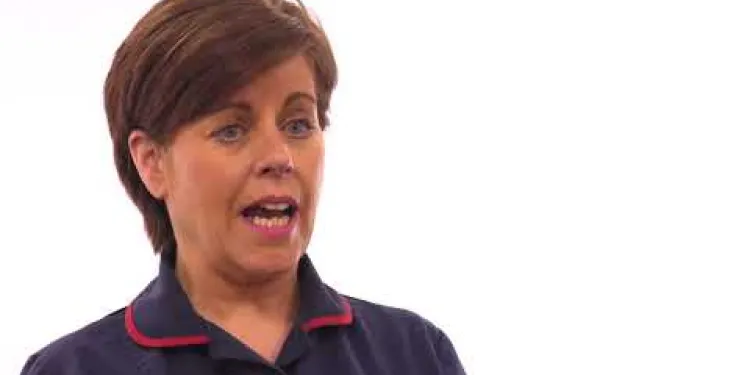
Endometrial Cancer
Relevance: 100%
-
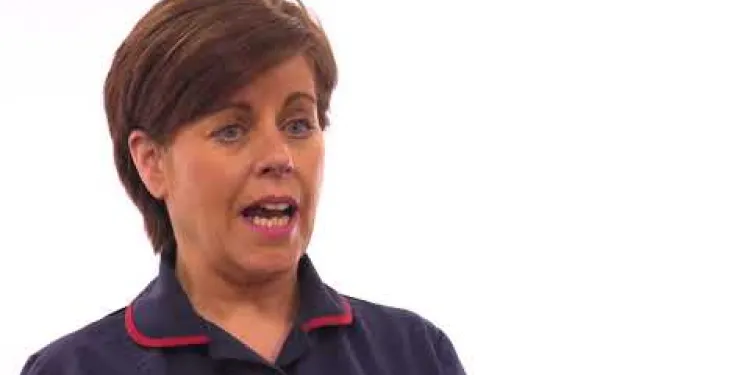
Endometrial Cancer
Relevance: 100%
-
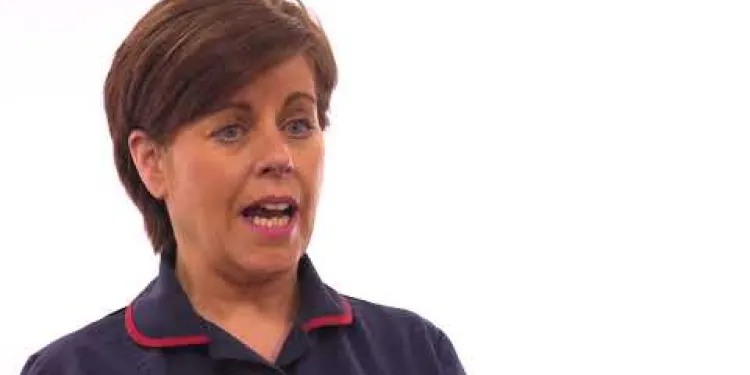
Endometrial Cancer
Relevance: 98%
-

Can a womb lining test detect cancer?
Relevance: 54%
-

Can a womb lining test detect cancer?
Relevance: 46%
-
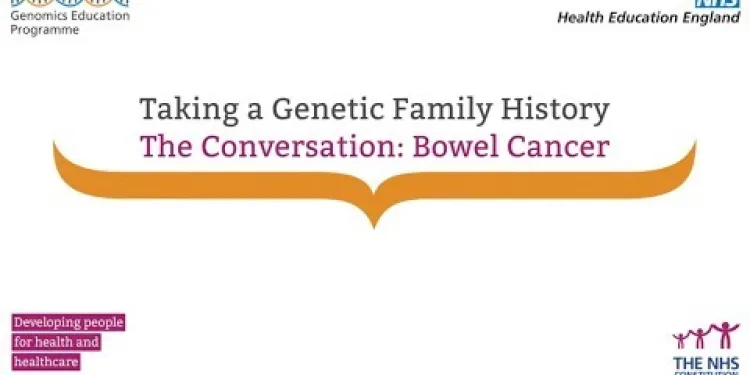
Taking a Genetic Family History - The Conversation (Bowel Cancer)
Relevance: 33%
-
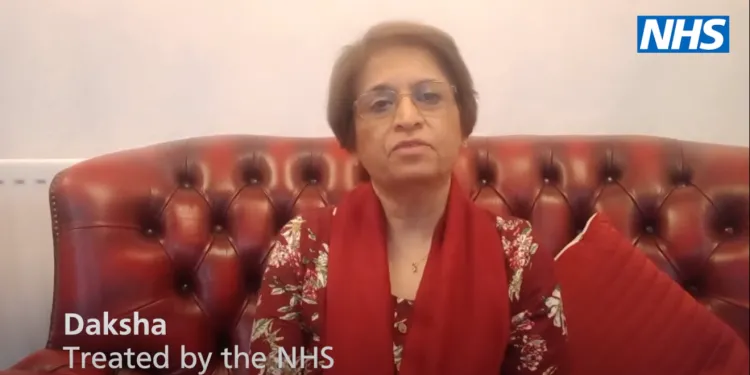
What is Cancer?
Relevance: 31%
-
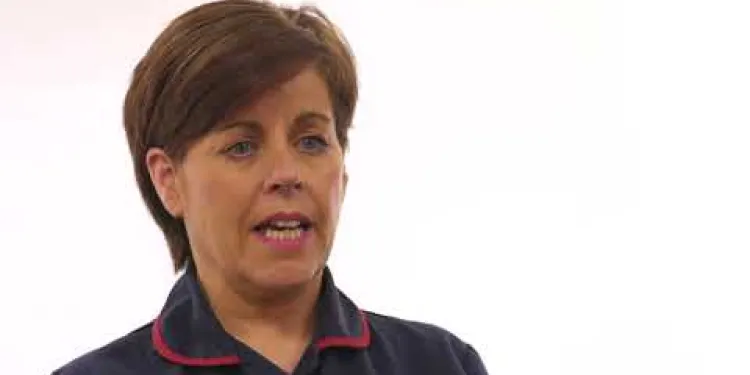
Ovarian Cancer
Relevance: 31%
-
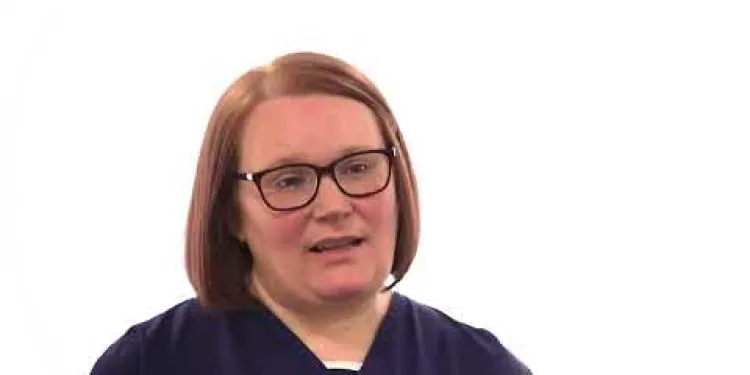
Vaginal Cancer
Relevance: 31%
-
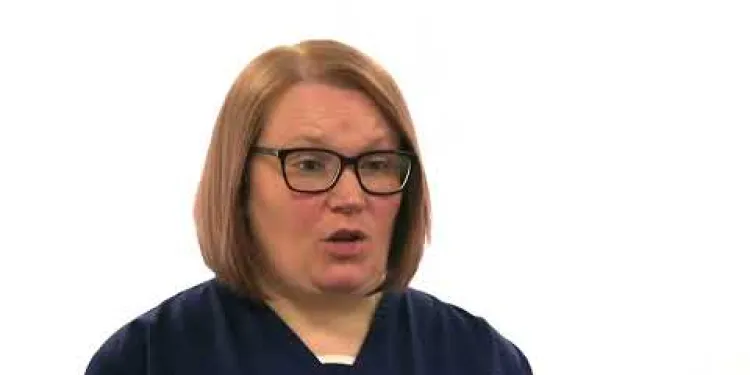
Vulval Cancer
Relevance: 31%
-
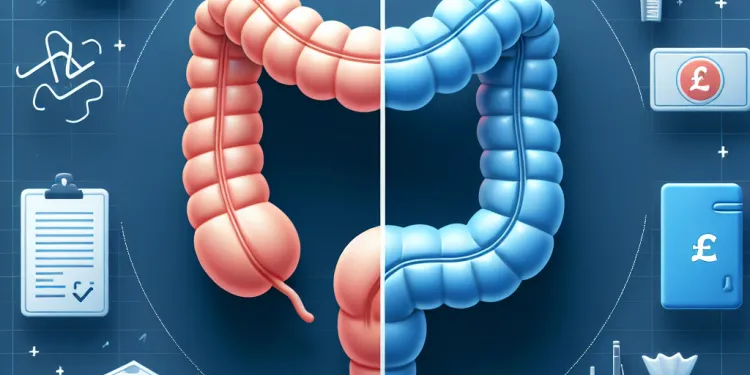
What is the difference between colon cancer and rectal cancer?
Relevance: 30%
-
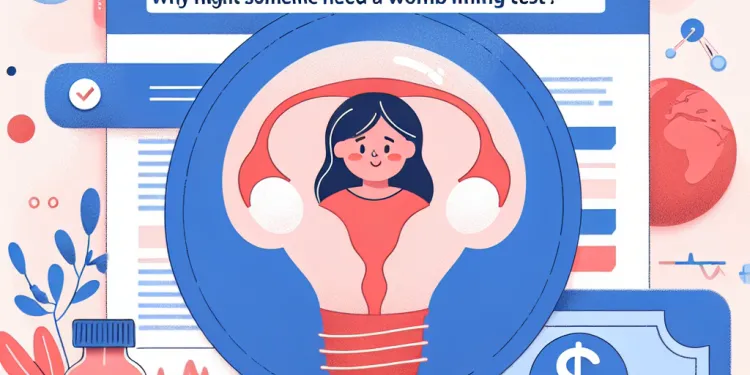
Why might someone need a womb lining test?
Relevance: 30%
-
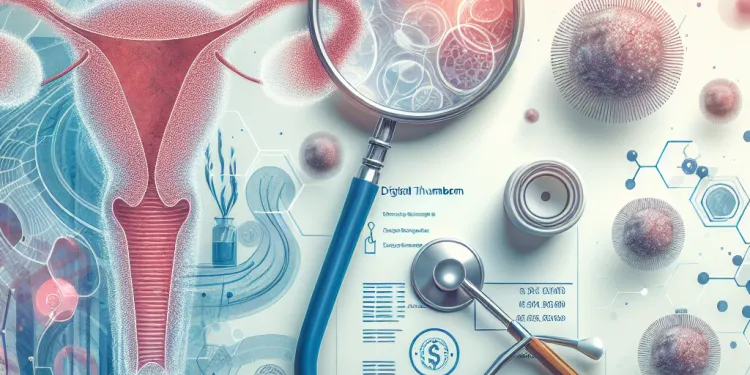
Why is a womb lining test performed?
Relevance: 30%
-

What is cancer screening?
Relevance: 30%
-

What is testicular cancer?
Relevance: 30%
-

What is colorectal cancer?
Relevance: 30%
-

What is Bowel Cancer?
Relevance: 30%
-
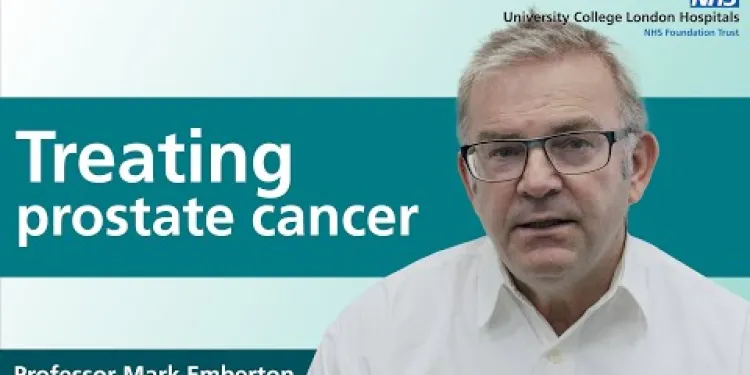
Treating prostate cancer
Relevance: 30%
-
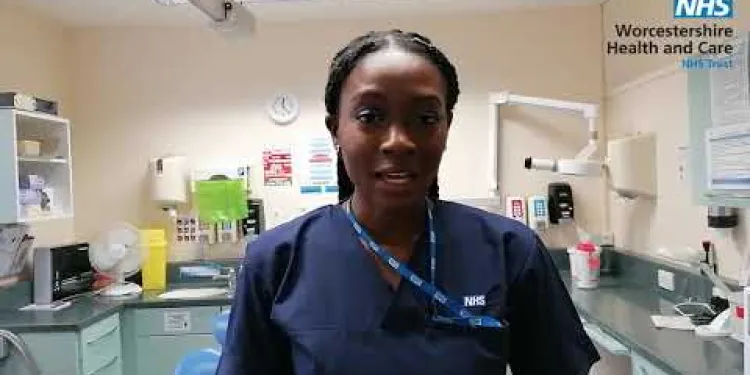
Mouth Cancer Awareness
Relevance: 30%
-

What is testicular cancer?
Relevance: 30%
-

What is Prostate Cancer?
Relevance: 30%
-

What is testicular cancer?
Relevance: 29%
-
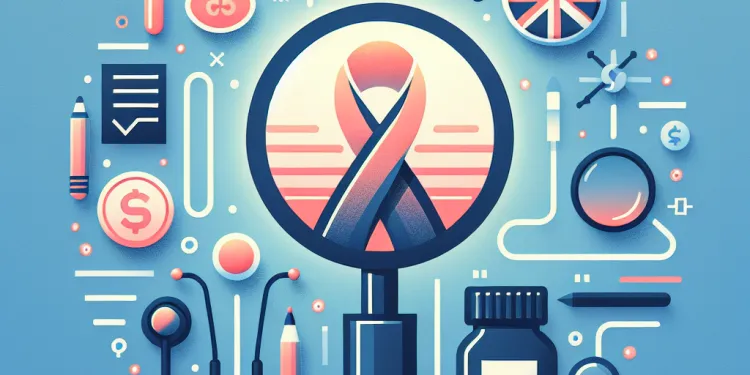
Is testicular cancer treatable?
Relevance: 29%
-

Skin cancer education
Relevance: 29%
-
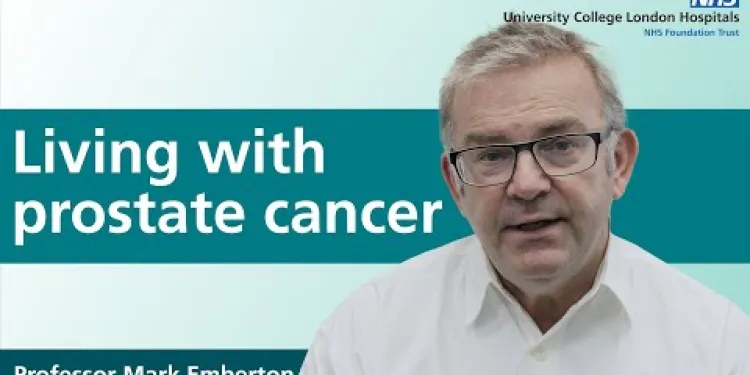
Living with prostate cancer
Relevance: 29%
-

What is Pancreatic Cancer?
Relevance: 29%
-

Mouth Cancer Infomercial
Relevance: 29%
-
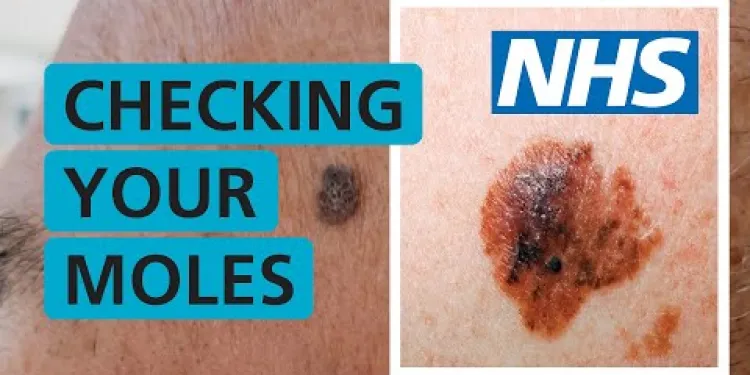
Skin Cancer - How do I check if my mole is skin cancer? | NHS
Relevance: 29%
-

Breakthrough in Cancer Treatment Offers Hope for Prostate Cancer Patients
Relevance: 29%
-

AI Breast Cancer Screening in the UK
Relevance: 29%
-

How common is testicular cancer?
Relevance: 28%
-

What causes testicular cancer?
Relevance: 28%
-
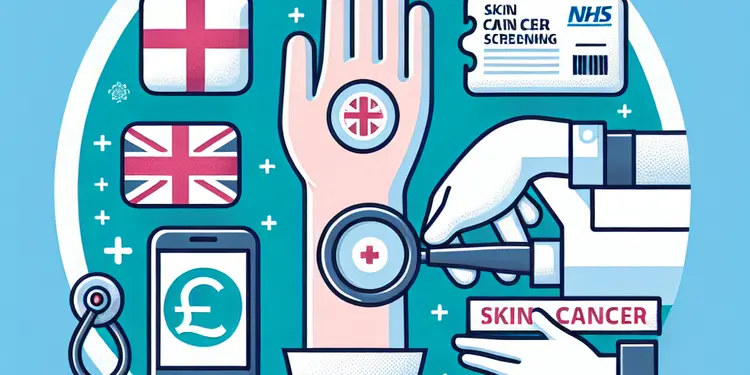
What is a skin cancer screening?
Relevance: 28%
-

Raising awareness of ovarian cancer
Relevance: 28%
-

What are the stages of testicular cancer?
Relevance: 28%
-

How is prostate cancer treated?
Relevance: 28%
-

Who is at risk for testicular cancer?
Relevance: 28%
-
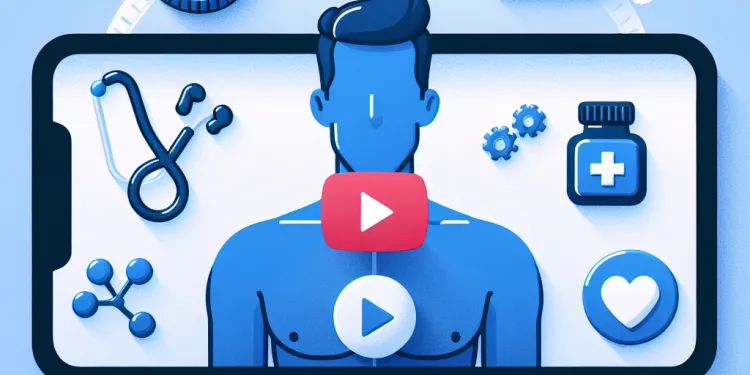
Am I more at risk of prostate cancer?
Relevance: 28%
-

Can HPV lead to cancer?
Relevance: 28%
-

Why is there a surge in bowel cancer?
Relevance: 28%
Understanding Endometrial Cancer
What is Endometrial Cancer?
Endometrial cancer is a type of cancer that begins in the lining of the uterus, known as the endometrium. It is one of the most common cancers affecting the female reproductive system in the United Kingdom. The disease is most commonly diagnosed in women who have gone through menopause, but it can also affect younger women.Symptoms and Early Detection
Early detection of endometrial cancer offers the best chance of successful treatment. Common symptoms include abnormal vaginal bleeding, usually in postmenopausal women. Other symptoms can include pelvic pain, pain during intercourse, and unexplained weight loss. It is crucial to consult a healthcare professional if you experience any of these symptoms. Early-stage endometrial cancer can often be detected through pelvic examinations, ultrasounds, and endometrial biopsy.Risk Factors
Several factors may increase the risk of developing endometrial cancer. These include age (most common in women over 50), obesity, hormone replacement therapy, a history of polycystic ovary syndrome (PCOS), and a family history of certain cancers. Additionally, women who have never been pregnant may have a higher risk. Understanding these risk factors can help in taking preventive measures and seeking early medical advice.Treatment Options
Treatment for endometrial cancer in the UK often depends on the stage at which the disease is diagnosed. Common treatments include surgery, typically a hysterectomy, which involves removing the uterus. Radiation therapy, hormone therapy, and chemotherapy are also used, either alone or in combination, depending on the specific case. The NHS provides comprehensive care, ensuring patients have access to the necessary treatment and support services.Living with Endometrial Cancer
A diagnosis of endometrial cancer can be life-changing, but many women successfully manage the disease and continue to lead fulfilling lives. Support from healthcare professionals, family, and cancer support groups is essential. Regular follow-up appointments and a healthy lifestyle, including a balanced diet and regular physical activity, can help manage the condition. Patients are encouraged to stay informed and actively participate in their care plans.Prevention and Awareness
While it may not be possible to prevent endometrial cancer entirely, there are steps one can take to reduce the risk. Maintaining a healthy weight, managing conditions like diabetes and hypertension, and discussing the risks of hormone replacement therapy with a healthcare provider can be beneficial. Raising awareness about the symptoms and risk factors of endometrial cancer is crucial in promoting early detection and treatment. Endometrial cancer, though serious, can often be treated successfully, especially when detected early. Understanding the symptoms, risk factors, and treatment options helps in managing the disease and improving the quality of life for those affected.Understanding Endometrial Cancer
What is Endometrial Cancer?
Endometrial cancer is a type of cancer that starts in the lining inside the uterus. This lining is called the endometrium. It is one of the most common types of cancer that affects women's reproductive systems in the UK. Most often, it is found in women who have finished going through menopause, but younger women can get it too.Symptoms and Early Detection
Finding endometrial cancer early gives the best chance for treatment to work well. Common symptoms include unusual bleeding from the vagina, especially in women who are past menopause. Other symptoms can be pain in the lower belly, pain during sex, and losing weight without trying. It is very important to see a doctor if you have any of these symptoms. Doctors can look for early signs of endometrial cancer with check-ups, ultrasound scans, and taking small tissue samples from the uterus (endometrial biopsy).Risk Factors
Some things can make it more likely to get endometrial cancer. These include being over 50 years old, being overweight, taking hormone replacement therapy, having a history of polycystic ovary syndrome (PCOS), and having a family history of some cancers. Women who have never been pregnant might also have a higher risk. Knowing these risks can help people take steps to stay healthy and see their doctor early if worried.Treatment Options
How doctors treat endometrial cancer in the UK depends on how advanced the cancer is. Common treatments include surgery to remove the uterus, called a hysterectomy. Other treatments can be radiation therapy, hormone therapy, and chemotherapy, sometimes using more than one kind together. The NHS provides care and support for patients who need treatment.Living with Endometrial Cancer
Finding out you have endometrial cancer can change your life, but many women manage the disease and continue to live happy lives. Help from doctors, family, and cancer support groups is very important. Going to follow-up appointments and having a healthy lifestyle, like eating well and staying active, can make a difference. Patients should learn about their condition and be involved in their care decisions.Prevention and Awareness
While it might not be possible to stop endometrial cancer completely, there are ways to lower the risk. Staying at a healthy weight, controlling conditions like diabetes and high blood pressure, and talking to your doctor about hormone replacement therapy are good steps. It's important to know about the symptoms and risks of endometrial cancer so it can be found and treated early. Endometrial cancer is serious, but it can often be treated well, especially if found early. Understanding the symptoms, risks, and treatments helps manage the disease and can improve life for those who have it. For more help understanding or managing endometrial cancer, try using resources like health websites with simple language or speaking with a nurse or doctor who can explain things clearly.Frequently Asked Questions
What is endometrial cancer?
Endometrial cancer is a type of cancer that begins in the lining of the uterus called the endometrium. It is the most common type of uterine cancer.
What are the symptoms of endometrial cancer?
Common symptoms include unusual vaginal bleeding, spotting, or discharge, especially in postmenopausal women; pelvic pain; and pain during intercourse.
Who is at risk for developing endometrial cancer?
Risk factors include being over the age of 50, obesity, a history of not having children, late menopause, hormone replacement therapy, and having a family history of endometrial or colorectal cancer.
How is endometrial cancer diagnosed?
Endometrial cancer is typically diagnosed through pelvic exams, imaging tests like ultrasounds, and procedures like endometrial biopsy or hysteroscopy.
What are the treatment options for endometrial cancer?
Treatment options can include surgery (often a hysterectomy), radiation therapy, hormone therapy, and chemotherapy. The choice of treatment depends on the stage and grade of the cancer.
Is there a screening test for endometrial cancer?
There is no standard screening test for endometrial cancer for women at average risk. However, women with a high risk of developing the disease may undergo regular monitoring.
Can endometrial cancer be prevented?
While there is no sure way to prevent endometrial cancer, maintaining a healthy weight, using birth control pills, and managing conditions like diabetes and hypertension can reduce the risk.
What is the prognosis for endometrial cancer?
The prognosis for endometrial cancer depends on the stage at diagnosis. Early-stage endometrial cancer has a high survival rate, but the prognosis worsens with advanced stages.
How common is endometrial cancer in the UK?
Endometrial cancer is the fourth most common cancer among women in the UK, with around 9,400 new cases diagnosed each year.
Are there any support groups for endometrial cancer patients in the UK?
Yes, several organizations, such as Cancer Research UK and Macmillan Cancer Support, offer resources and support groups for endometrial cancer patients and their families.
What are the side effects of endometrial cancer treatment?
Side effects vary depending on the type of treatment but may include fatigue, nausea, pain, lymphoedema, and menopausal symptoms. Long-term side effects can also occur.
How can I reduce my risk of endometrial cancer?
Maintaining a healthy weight, staying physically active, managing chronic diseases, considering the use of birth control pills, and discussing hormone replacement therapy with your doctor can help reduce risk.
What types of hormone therapy are used for endometrial cancer?
Progestin therapy and, less commonly, estrogen-blocking agents are used. The choice depends on the cancer's characteristics and the patient's overall health.
How does obesity affect the risk of endometrial cancer?
Obesity increases the risk of endometrial cancer due to higher levels of estrogen produced by excess fat tissue, which can stimulate the endometrium.
What should I do if I experience symptoms of endometrial cancer?
If you experience unusual vaginal bleeding, discharge, or any other symptoms, you should contact your GP promptly for evaluation and possible referral to a specialist.
What is endometrial cancer?
Endometrial cancer is a type of cancer that happens inside a woman's womb. The womb is where a baby grows during pregnancy.
This cancer starts in the lining of the womb, which is called the endometrium.
It is important to see a doctor if you feel unwell or notice changes in your body. A doctor can help and find out what is happening.
It can be helpful to use tools like pictures, videos, or talking with a friend or family member to understand more.
Endometrial cancer is a type of cancer that starts in the inside lining of the womb. The inside lining is called the endometrium. This is the most common kind of womb cancer.
What are the signs of womb cancer?
Here are some signs that might mean someone has womb cancer:
- Bleeding from the vagina that is not normal. This can happen if a woman is not on her period or after menopause.
- Having pain in the lower belly or pelvis.
- Feeling pain when peeing.
- Feeling a lump in the belly.
If you or someone you know notices these signs, talk to a doctor. They can help you understand what is happening and what to do next.
Here are some things to help:
- Ask someone you trust to go with you to the doctor.
- Write down any questions you have and take notes during the visit.
- Use pictures or drawings to help explain your feelings.
Some signs to look out for are:
- Bleeding that is not normal.
- Spotting or discharge.
- This happens a lot in women who have stopped having periods (postmenopausal).
- Feeling pain in the lower belly (pelvic pain).
- Pain when having sex.
If you find these things happening, it is important to tell a doctor. A picture book or talking to someone can help understand this better.
Who can get endometrial cancer?
Some people have a higher chance of getting endometrial cancer. Here are a few things that can increase your risk:
- Being older: Most people with this cancer are over 50.
- Being overweight: Extra body weight can increase the risk.
- Having certain health conditions, like diabetes.
- Having family members with cancer can sometimes increase your risk.
It can help to talk with a doctor about your own risk. They can give you advice and information!
Here are some tools that might help you:
- Visual aids: Use pictures to help understand more about endometrial cancer.
- Reading tools: Audiobooks or reading apps can be helpful.
- Talking to experts: Doctors and nurses can answer questions and give easy explanations.
Remember, it's okay to ask for help if you find things hard to understand.
There are some things that can make it more likely to get sick:
- Being older than 50
- Being very overweight
- Never having had children
- Having menopause later in life
- Taking certain medicines with hormones
- Having family members who had endometrial or colon cancer
Using pictures or simple charts can help understand these risks better.
How do doctors find out if someone has endometrial cancer?
Doctors use special tests to find out if someone has endometrial cancer. Here is how they do it:
- Talk with you: The doctor will ask questions about your health and any problems you're having.
- Check your body: The doctor will do a physical exam.
- Look inside the body: The doctor may use an ultrasound. An ultrasound is a special machine that uses sound waves to take pictures inside your body.
- Take a small piece: The doctor might take a tiny bit of the inside of your uterus. This is called a biopsy. The doctor then looks at this tiny piece under a microscope to see if there are any cancer cells.
If you find these words hard to understand, you can ask someone to help you read. You can also use tools that read the words out loud for you. This can make it easier to know what the words mean.
Doctors find endometrial cancer by doing some tests. They might check inside with a pelvic exam. They can also use pictures made by something called an ultrasound. Another way is by taking a small piece from inside called an endometrial biopsy, or by looking inside using a tool called a hysteroscope.
What are the treatments for womb cancer?
Womb cancer, also called endometrial cancer, is a sickness in the womb.
Doctors can help with womb cancer in different ways:
- Surgery: Doctors might do an operation to take out the cancer.
- Radiation: A special light can help kill cancer cells.
- Chemotherapy: Strong medicine can stop cancer from growing.
- Hormone Therapy: Medicine can change hormones to help fight cancer.
It is important to talk to a doctor to find the right plan for you.
If reading is hard, you can:
- Ask someone to read with you.
- Use tools that read out loud.
- Watch videos about womb cancer.
There are different ways to treat cancer. Some ways are:
- Surgery (this can mean taking out the womb, which is called a hysterectomy)
- Radiation therapy (using strong rays to kill cancer cells)
- Hormone therapy (using medicine to change body chemicals)
- Chemotherapy (using strong medicine to kill cancer cells)
The doctor will decide the best treatment by looking at how serious the cancer is.
If it's hard to understand, ask your doctor or nurse to explain again. You can also use voice-to-text apps to hear the information.
Can we check for endometrial cancer early?
Doctors do not have a special test to find endometrial cancer before a person feels sick.
If you notice changes in your body, like unusual bleeding, tell your doctor.
Talking to a doctor can help you stay healthy.
There is no regular test to check for endometrial cancer in women who are not at high risk. But, women who have a high risk might need to see their doctor more often.
Can we stop endometrial cancer from happening?
There is no way to totally stop endometrial cancer. But you can make it less likely. Keep a healthy weight, use birth control pills, and manage health problems like diabetes and high blood pressure.
What will happen to someone with endometrial cancer?
Endometrial cancer is a sickness in the lining of the womb. Doctors can treat it, especially if it is found early. Some people might need an operation, medicine, or other treatments to help them get better.
Try breaking the information into small chunks. Use pictures or videos to help understand. Talk to a doctor or nurse who can explain things in a simple way.
The chance of getting better from endometrial cancer depends on when doctors find it. If doctors find it early, there is a very good chance of getting better. But if it is found late, it is harder to get better.
How often do people get womb cancer in the UK?
Womb cancer is a type of cancer that grows in the lining of a woman's womb.
In the UK, many women get womb cancer each year. It is one of the most common cancers for women.
If you want help to understand more, you can:
- Ask someone to read with you.
- Use tools that read text out loud.
- Look for videos or pictures that explain more.
Endometrial cancer is a type of cancer that affects women. It is the fourth most common cancer for women in the UK. Each year, about 9,400 women find out they have this cancer.
Are there groups in the UK that help people with endometrial cancer?
Yes, there are groups in the UK that help people with endometrial cancer. These groups are called support groups. They help by talking, sharing feelings, and giving advice.
Here are some things they can do for you:
- Talk and share your feelings.
- Get advice from other people who understand.
- Learn new information to help you feel better.
- Find new friends.
You can ask a nurse or doctor about these groups. They can help you join one.
Yes, there are groups that can help people with womb cancer. These groups also help families. Two big groups are Cancer Research UK and Macmillan Cancer Support. They have lots of information and support.
What happens after treatment for endometrial cancer?
Treatment for endometrial cancer can have some side effects. Side effects are things that might happen after you get treatment. These can make you feel different or unwell.
Here are some things you might feel:
- Tiredness: You might feel very tired and need to rest more.
- Sore Skin: Your skin might feel sore or look different where you had treatment.
- Upset Stomach: You might feel sick or have a stomach ache.
- Changes in Mood: You might feel sad, worried, or confused.
Everyone is different, so you might not get all these side effects. It is important to talk to your doctor or nurse about how you feel.
Here are some things that can help:
- Rest as much as you need.
- Eat healthy foods and drink water.
- Tell your doctor about any side effects.
- Ask for help if you feel sad or worried.
Remember, your doctor is there to help you feel better.
Different treatments can have different side effects. Here are some common ones:
- Feeling very tired
- Feeling sick in the stomach
- Pain
- Swelling called lymphoedema
- Symptoms like when women stop having periods
Some side effects can last a long time.
If you need help with reading or understanding, you can use audiobooks or ask someone to read with you. Break information into small parts to make it easier.
How can I lower my chance of getting endometrial cancer?
Eat Healthy: Try to eat fruits, vegetables, and whole grains. These foods help you stay healthy.
Exercise: Moving your body, like walking or playing sports, can make you stronger and healthy. Try to exercise a little bit every day.
Keep a Healthy Weight: Talk to a doctor about what a healthy weight is for you. Eating healthy and exercising can help.
Visit the Doctor: Go to the doctor for regular check-ups. They can help you stay healthy and catch any problems early.
Using these steps can help you stay healthy. Having a friend or family member help you remember to eat well, exercise, and go to the doctor can be very helpful.
To stay healthy:
- Keep a healthy weight.
- Be active. Move your body often.
- Take care of any illnesses you have.
- Talk to your doctor about using birth control pills.
- Ask your doctor about hormone therapy. This is medicine that can help your body.
These steps can help you stay well.
What kinds of hormone treatments help with endometrial cancer?
Some people with endometrial cancer get help from special medicines called hormones. Hormone treatments can help slow down or stop cancer from growing.
Here are some types of hormone treatments:
- Progestins: These are hormones that are like a hormone your body makes. They can help stop cancer from growing.
- Estrogen blockers: These medicines stop estrogen from helping cancer cells grow.
- Aromatase inhibitors: These stop your body from making estrogen, which can help stop the cancer from growing.
You can ask your doctor for more information. You can also use pictures or videos to help you understand better.
Doctors use two types of medicine to help treat cancer. One is called progestin therapy, and the other blocks estrogen. The doctor picks the best one to use based on the type of cancer and how healthy the person is.
Tip: You can use a tool like a text-to-speech app to help read the words out loud.
How can being very overweight change the chance of getting womb cancer?
Being very overweight can make it more likely to get a type of cancer in the lining of the womb. This happens because extra body fat can make more of a hormone called estrogen. Estrogen can make the lining of the womb grow too much.
What should I do if I feel sick with signs of womb cancer?
If you notice strange bleeding or discharge from your private parts, talk to your doctor. They can check if everything is okay and might send you to another doctor who can help more.
Useful Links
This website offers general information and is not a substitute for professional advice.
Always seek guidance from qualified professionals.
If you have any medical concerns or need urgent help, contact a healthcare professional or emergency services immediately.
- Ergsy carfully checks the information in the videos we provide here.
- Videos shown by Youtube after a video has completed, have NOT been reviewed by ERGSY.
- To view, click the arrow in centre of video.
- Most of the videos you find here will have subtitles and/or closed captions available.
- You may need to turn these on, and choose your preferred language.
- Go to the video you'd like to watch.
- If closed captions (CC) are available, settings will be visible on the bottom right of the video player.
- To turn on Captions, click settings .
- To turn off Captions, click settings again.
More Items From Ergsy search
-

Endometrial Cancer
Relevance: 100%
-

Endometrial Cancer
Relevance: 100%
-

Endometrial Cancer
Relevance: 98%
-

Can a womb lining test detect cancer?
Relevance: 54%
-

Can a womb lining test detect cancer?
Relevance: 46%
-

Taking a Genetic Family History - The Conversation (Bowel Cancer)
Relevance: 33%
-

What is Cancer?
Relevance: 31%
-

Ovarian Cancer
Relevance: 31%
-

Vaginal Cancer
Relevance: 31%
-

Vulval Cancer
Relevance: 31%
-

What is the difference between colon cancer and rectal cancer?
Relevance: 30%
-

Why might someone need a womb lining test?
Relevance: 30%
-

Why is a womb lining test performed?
Relevance: 30%
-

What is cancer screening?
Relevance: 30%
-

What is testicular cancer?
Relevance: 30%
-

What is colorectal cancer?
Relevance: 30%
-

What is Bowel Cancer?
Relevance: 30%
-

Treating prostate cancer
Relevance: 30%
-

Mouth Cancer Awareness
Relevance: 30%
-

What is testicular cancer?
Relevance: 30%
-

What is Prostate Cancer?
Relevance: 30%
-

What is testicular cancer?
Relevance: 29%
-

Is testicular cancer treatable?
Relevance: 29%
-

Skin cancer education
Relevance: 29%
-

Living with prostate cancer
Relevance: 29%
-

What is Pancreatic Cancer?
Relevance: 29%
-

Mouth Cancer Infomercial
Relevance: 29%
-

Skin Cancer - How do I check if my mole is skin cancer? | NHS
Relevance: 29%
-

Breakthrough in Cancer Treatment Offers Hope for Prostate Cancer Patients
Relevance: 29%
-

AI Breast Cancer Screening in the UK
Relevance: 29%
-

How common is testicular cancer?
Relevance: 28%
-

What causes testicular cancer?
Relevance: 28%
-

What is a skin cancer screening?
Relevance: 28%
-

Raising awareness of ovarian cancer
Relevance: 28%
-

What are the stages of testicular cancer?
Relevance: 28%
-

How is prostate cancer treated?
Relevance: 28%
-

Who is at risk for testicular cancer?
Relevance: 28%
-

Am I more at risk of prostate cancer?
Relevance: 28%
-

Can HPV lead to cancer?
Relevance: 28%
-

Why is there a surge in bowel cancer?
Relevance: 28%


